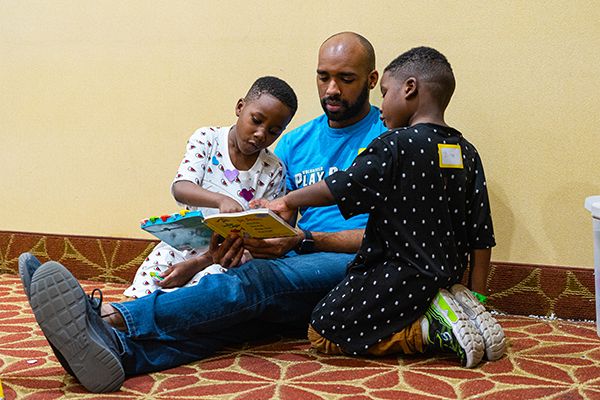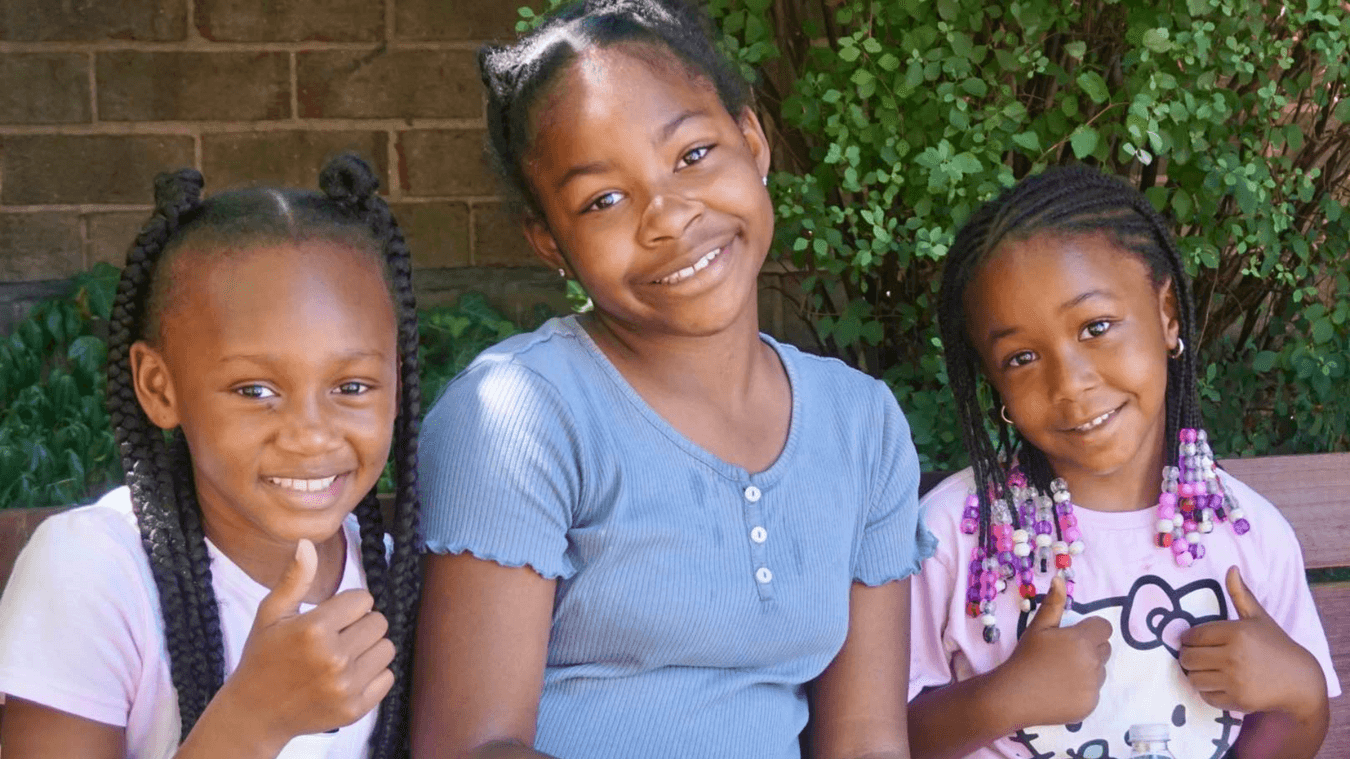
Photo by Ryan Maine
As the nation grapples with the complicated and often violent relationship of police with the Black community, I’m reminded of an evening I spent in one of our playrooms. Several children initiated a game of “cops,” running around “arresting” volunteers. The game appeared innocent enough, and everyone seemed to have fun. It wasn’t until during our debrief after the session (a time when volunteers and staff routinely assess the evening’s activities) that the group of majority-White volunteers and White staff members, myself among them, understood the significance of this game many of us had played as children ourselves.
Black staff members discussed how Black children and families are over-policed in shelters and in their communities. In fact, here in D.C., police disproportionately stop-and-frisk Black people. The lasting damage this does to the Black community runs deep. What particularly stood out that night was the stark contrast in perspectives between the White staff and volunteers and the Black staff. The likelihood that this “game” had been the result of a family member possibly being arrested hadn’t occurred to the White folks in the room.
African Americans make up 13% of the general population but more than 40% of the homeless population. And in D.C., 95% of parents experiencing homelessness are Black. Consequently, almost all of the children Playtime serves are Black. As of this writing, our current volunteer demographics are far from representative: 63% percent of our volunteers are White and nearly 80% are women.
The need for more Black role models in our playrooms is crucial, and here’s why: Research shows that Black children who have just one Black teacher are less likely to drop out of high school. We know that through explicit and implicit bias White teachers have lower expectations for Black children. This is especially distressing given the fact that 80 percent of America’s teachers are White, while the majority of public-school students are Black, Indigenous, and people of color (BIPOC).
Playtime has developed a trauma-informed, culturally relevant curriculum to enhance child developmental skills and build resiliency, self-esteem, and confidence in every child we serve. Having this curriculum be delivered by volunteers who not only look like the children in our programs but understand the racial barriers these children face every day, can only enhance the development of each child. This is an important opportunity for members of the Black community to be a mentor, an advocate, and a role model to Black children in crises.
Here’s what Playtime is doing to create a more diverse volunteer base:
- We are contacting Black-led community groups, student groups, and professional associations to discuss ways to recruit and retain more Black volunteers. If you have a connection, please send me an email.
- We are addressing ways in which our volunteer policies and culture can include more marginalized communities.
- While current volunteers attend anti-bias training, we are expanding our list of antiracism resources for volunteers to continue educating themselves and adding anti-bias training into our volunteer onboarding process.
Playtime’s mission is to do all it can to support these young Black lives—through play, resources, and advocacy—and it’s with support of the community that we have done so for 17 years. We welcome and strongly encourage voices from all communities to let us know how we can continue to grow and meet the needs of D.C. children in shelter. Submit a message through our website or Facebook, Twitter, or Instagram accounts; or email me directly.
Reach out if you are interested in helping us increase the diversity of our volunteer base or want to learn more about how you can be a part of Playtime. Though our playrooms are currently on hold, I’d love to start the conversation about how you can become a Play Ranger and help children thrive.

